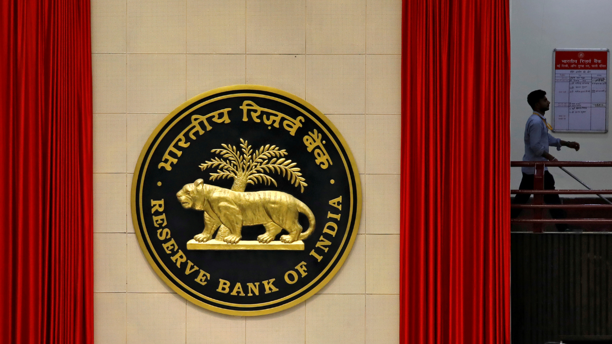The Reserve Bank of India (RBI) has made a significant move by relocating 100 metric tonnes of its gold reserves from the United Kingdom to its domestic vaults in FY24. This move marks the largest transfer of gold by India since 1991, reflecting a strategic shift in how the RBI manages its gold assets. Let’s explore the reasons behind this decision, the current state of India’s gold reserves, and what the RBI plans to do with this gold.

How Much Gold Does the RBI Hold?
As of March 2024, the RBI’s total gold reserves stand at 822.10 metric Tonnes. Of this, a substantial part has historically been stored abroad. The recent transfer of 100 metric Tonnes to India has brought the total amount of gold stored domestically to over 408 metric Tonnes. This move results in an almost equal split between gold stored locally and gold held overseas.
Specifically, the RBI’s annual report for FY24 reveals that over 308 metric Tonnes of gold are held in India as backing for notes issued, while another 100.28 Tonnes are kept locally as an asset of the banking department. Meanwhile, 413.79 metric Tonnes are still held abroad.
Why Does the RBI Store Its Gold Abroad?
The practice of storing gold overseas dates back to the 1990-91 foreign exchange crisis when India pledged part of its gold reserves to the Bank of England to secure a $405 million loan. Although this loan was repaid by November 1991, the RBI opted to keep the gold in the UK for logistical reasons. Gold stored abroad can be more easily traded, used in swaps, and earn returns. Additionally, the RBI frequently buys gold from international markets, and storing it overseas facilitates these transactions.
However, storing gold internationally also comes with risks, particularly during geopolitical tensions. The freezing of Russian assets by Western nations has heightened concerns about the safety of assets held abroad. The RBI’s recent move to repatriate gold from the UK is likely a response to these concerns.

What Will the RBI Do with the Gold Moved to India?
The RBI, in consultation with the government, can use domestically held gold to manage local gold prices, particularly given the high demand for investment products like gold exchange-traded funds (ETFs). This strategy supports the development of a robust local bullion market while ensuring that gold reserves remain within the country.
The RBI has significantly increased its gold purchases recently. In the first four months of 2024 alone, the RBI bought one and a half times the gold it acquired in the entire previous year. This aggressive buying is partly driven by a decline in confidence in dollar assets among central banks globally. Data from the US Treasury Department shows that non-US central banks’ holdings of US Treasury bonds dropped from 49.8% in March 2023 to 47.1% in March 2024.
In FY24, the RBI added 27.47 Tonnes of gold to its reserves, increasing the total from 794.63 Tonnes the previous year. This move is part of a broader strategy to diversify foreign exchange reserves and hedge against inflation and currency volatility.
What Logistics Were Involved in Moving the Gold?
Transferring 100 Tonnes of gold—nearly a quarter of the nation’s total holdings—was a significant logistical undertaking that required months of planning and precise execution. The RBI worked closely with the finance ministry and several other government agencies, including local governments, to ensure the safe transport of the gold.
To import the gold into the country, the RBI obtained a customs duty exemption, with the Center forgoing revenue on what is considered a sovereign asset. However, integrated GST, which is a state-shared tax, was still imposed on imports.
A special aircraft was required to transport the substantial amounts of gold while adhering to strict security protocols. Although the savings from moving the gold may not be substantial, the move will help the RBI save on some of the storage costs that are paid to the Bank of England.
Why Did the RBI Decide to Move the Gold Now?
The decision to repatriate gold is partly influenced by the broader context of global economic and geopolitical uncertainties. The RBI has been periodically reviewing its storage options as its gold stock increases. The recent move indicates a strategic shift towards diversifying storage locations and minimizing risks associated with holding assets overseas.
Gold has been an emotive topic for most Indians, especially since the Chandra Shekhar government pledged the precious metal to address the balance of payments problem in 1991. Over the past several years, the Indian central bank has steadily increased its gold holdings through purchases, including a significant acquisition of 200 Tonnes from the International Monetary Fund about 15 years ago.











